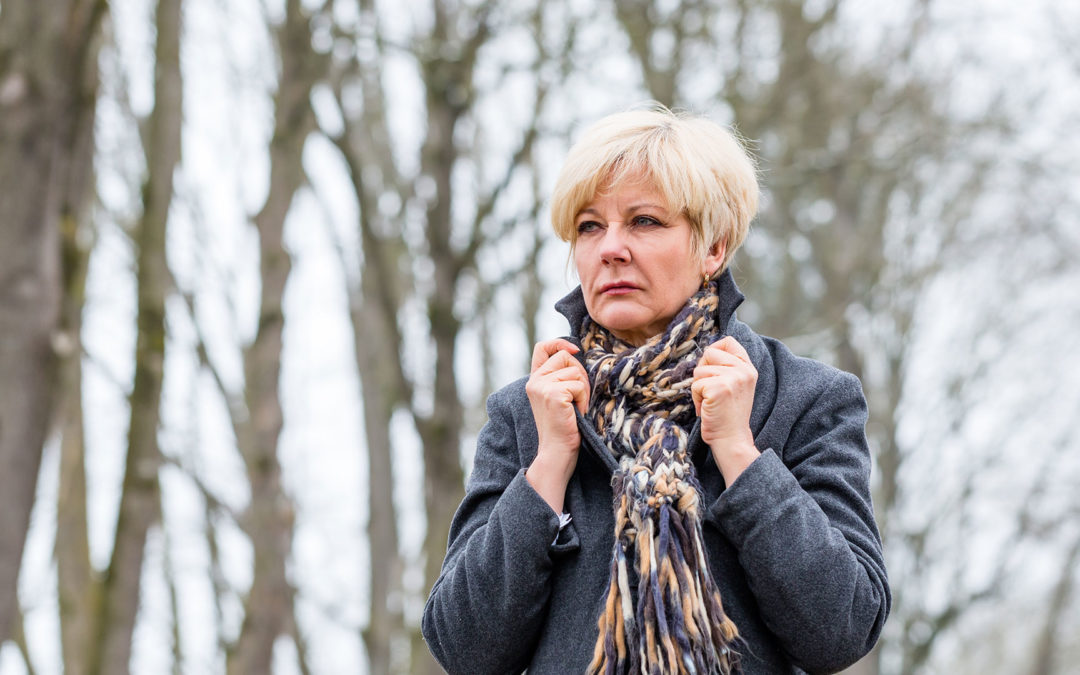What Is Seasonal Affective Disorder (SAD)?
As the seasons change and it gets colder, sunlight becomes more fleeting, bringing darker days. Many people notice changes in their moods. Seasonal Affective Disorder (SAD) is a type of depression related to changes in the seasons. For most people, symptoms start in the fall and continue into the winter months.
Why Do Fall and Winter Months Affect Your Mood?
Many factors affect your mood during the fall and winter:
- Vitamin D3 deficiency due to the lack of sunlight
- Icy, cold and wet weather, which can bring down your mood
- Holidays, which can be hard for those who have had negative events occur during this time in the past or who feel lonely at this time of year
Does Seasonal Affective Disorder (SAD) Affect You?
Symptoms of SAD include:
- Lack of energy
- Weakened immune system (Do you find yourself often getting sick during the fall and winter?)
- Less interest in sex
- More problems with concentration
- Overeating/weight gain
- Increased use of alcohol or mood-altering drugs
- Unusual feelings of guilt or worry
- Sleep problems (too much, too little, interrupted, etc.)
- Irritability, problems with social interaction/relationships
How to Treat Seasonal Affective Disorder (SAD)
If you have the above symptoms, it’s important to see a mental health professional who can accurately diagnose and treat you. Treatment may include one or all of the following:
Cognitive Behavioral Therapy
This therapy helps manage your moods by changing the way you think and behave. This includes identifying and challenging negative thoughts, focusing on the positive, staying physically active and maintaining a social life.
Light Therapy
Special lights can give you the same broad-spectrum light as the sun. Be careful, though, as using these lights too much can cause headaches and eyestrain.
Mood Management Medications
Antidepressant medication can be helpful, especially those identified as an SSRI (selective serotonin reuptake inhibitor), such as fluoxetine, sertraline, and paroxetine. Some people also find stimulants, such as modafinil and methylphenidate, helpful. See a doctor to determine if medications are recommended as part of your treatment. Medications can have side effects, but your doctor will discuss those with you.
Remember You Are Not Alone
You don’t have to carry the burden of SAD alone. Research shows the above treatments are very effective. The first step is seeking help and continuing with the treatment that works for you.
Struggling with Seasonal Depression?
Bryan Counseling Center provides experienced, compassionate counselors and a full range of outpatient services to support you and your family. For more information, call 402-481-5991 or take our free online screening.

Judy Magnuson, PhD
Health Expert
Judy Magnuson, PhD, is a licensed psychologist at Bryan Counseling Center. She provides treatment for individuals of all ages.









